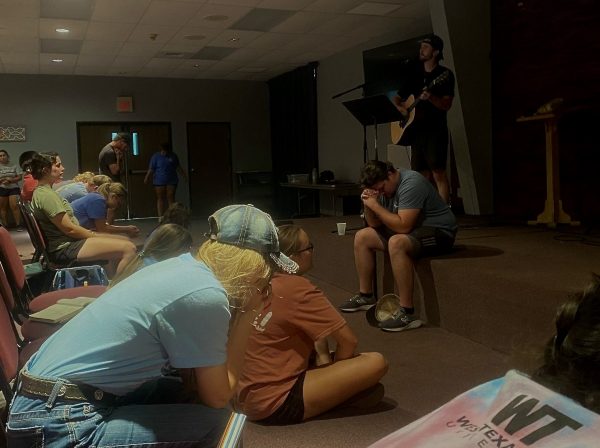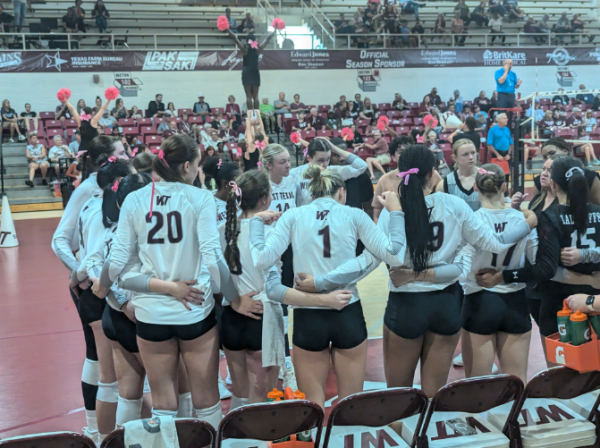Students’ union shows potential for change
A set of promising moments for labor unions are currently in progress around the U.S. At West Texas A&M University, a professor advocates for a new sector of political involvement on campus.
Over the past few years, the price of college has been rising, untied to inflation, at an explosive rate. Dr. Christopher Macaulay, assistant professor of political science, has been talking about ways students can combat this rise in college prices and educating them about the political process, including the power of collective action.
“I want students to get involved in a union,” Macaulay said. “It goes from taking a handful of students to pay my salary to a handful more at an institution of 1000s. That math [behind the amount of money students pay and what instructors make] doesn’t add up.”
Rising costs can lead to a more displeased body of people that have a motivation to rebel. Unnecessarily high college tuition prices, created by university administration, can actually lead to the downfall of an education system. Students with a cause are more likely to organize against what they deem as unfair.
“Let’s say a University gets 10-20% of students to unionize and they follow through with their threat of refusing to enroll in classes or refusing to pay tuition,” Macaulay said. “That would be enough to really severely disrupt [a university’s] financial wellbeing.”
Unions in the U.S. and abroad have advocated for more workers’ rights in the past century. Macaulay argues that students could also advance their interests by banding together.
“Students could collectively bargain for lower tuition, more access to services, better food options or any other problem seen by students or even faculty,” Macaulay said. “When you reach a critical mass of members in a union, a university has an incentive to listen in order to satisfy their goals.”
One avenue Macaulay listed as key to advancing the interests of unionization is student government.
“If a student government officer or president was elected by the student body to push for unionization, the university would be more willing to see the effort as a threat,” Macaulay said.
“[Student Government Association] advocates for what change we want on campus,” said Zyna Juma, political science major and student senator on the Academic Affairs committee. “[SGA] wants to be able to improve this campus and make the student body feel like one united student body; one that’s inclusive, one that’s welcoming and one that really tries to put the majority of the students and their needs to the table.”
Student Government at WT is a perfect structure of power to push for the issues that a potential students’ union sees as important. A connection to the administration already exists and an established organization would legitimize students’ concerns.
“I actually just had lunch with the [Terry B. Rogers College of Education and Social Sciences] dean, Dr. Henderson,” Juma said. “We were able to talk about things on campus where we can change and make improvements. Joining [SGA] allows me to not only be just a student, but to know exactly what’s going on campus as a student representative.”
Meeting times for SGA are on Mondays at 4:15 p.m. in the Senate Chamber of the Jack B. Kelley Student Center and are open to all students. Students can also fill one of the many vacancies in SGA if they would like to get more involved on campus.









